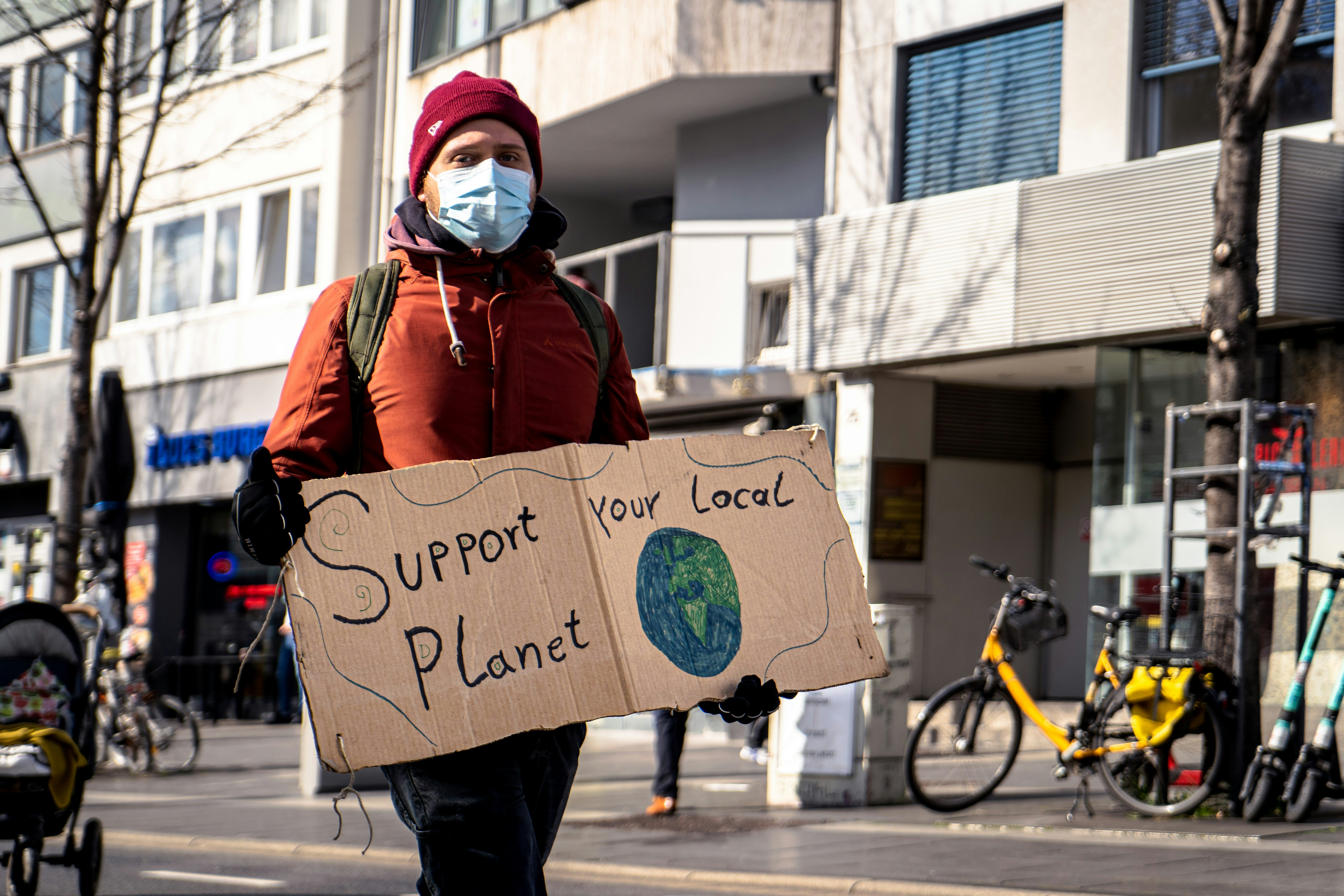The Legal Implications of Climate Change Policies
The issue of climate change is one of the most pressing matters of our time. Its impacts are already being felt globally, and the legal implications of this phenomenon are of significant importance. This article will delve into the background of climate change policies, analyze recent legal developments, and discuss their potential impact on society.

A Brief History of Climate Change Legislation
Climate change has been on the political agenda since the late 20th century, with international agreements such as the Kyoto Protocol and the Paris Agreement establishing a global framework for tackling the issue. However, the implementation of these agreements is primarily left to individual countries, resulting in a wide range of national policies and laws.
Recent Legal Developments
In recent years, there has been an upswing in climate change litigation. Climate change lawsuits are now being filed in many jurisdictions around the world. These cases are brought by a variety of plaintiffs, ranging from non-profit organizations to local governments, and even children.
One notable case is the Urgenda lawsuit in the Netherlands, where the Dutch Supreme Court ruled the government must reduce greenhouse gas emissions by at least 25% by the end of 2020 compared to 1990 levels. This case has set a precedent and inspired similar lawsuits in other countries.
Climate Change Policies: Legal Implications and Impact on Society
Climate change policies can have profound legal implications. They can lead to new regulations that impact various sectors, from energy production to transportation. These regulations can also create legal obligations for individuals and businesses, such as requirements for energy efficiency or emission reductions.
Moreover, failure to adequately address climate change can result in legal risks. Governments may face lawsuits if they do not take adequate measures to mitigate the effects of climate change, as demonstrated by the Urgenda case.
On a societal level, climate change policies can lead to substantial changes in our way of life. They can drive the transition towards a more sustainable and low-carbon economy, creating new opportunities but also challenges. These policies can potentially affect almost every aspect of our lives, from the cars we drive to the food we eat.
The Role of Law in Addressing Climate Change
Law plays a crucial role in addressing climate change. It provides the framework within which governments and individuals can act to mitigate the impacts of climate change and adapt to its effects. It also serves as a tool for holding governments accountable for their actions, or lack thereof, in tackling climate change.
However, the legal landscape is constantly evolving, with new laws being passed and existing ones being challenged in court. As such, it is vital for citizens to stay informed about these developments and their potential impacts.
In conclusion, climate change is not just an environmental issue but also a legal one. The laws and policies we implement today will shape our response to climate change and have profound impacts on our society. As citizens, it is crucial that we understand these legal implications and engage in the policy-making process.






